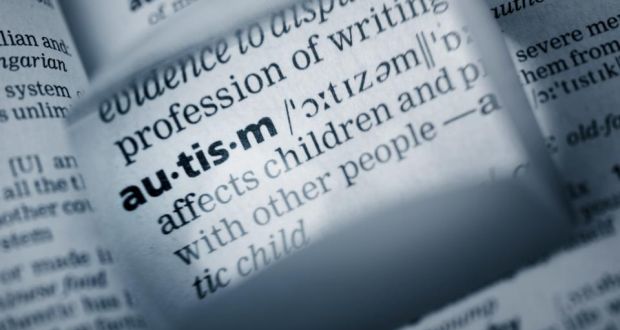
When prospective parents have trouble conceiving and decide to seek medical help, they typically experience more than a little anxiety and have a host of questions: What are the potential risks to the mother and the baby? What kinds of diseases or other problems are associated with assisted reproduction? And, is one of those problems autism?
As many as one in every 50 children age 6 to 17 is identified as having an autism spectrum disorder, a development disorder associated with impaired social interaction and communication. The increasing prevalence of autism has boosted the desire to pinpoint causes, and everything from parents’ ages to vaccination has come under scrutiny by researchers looking for a link.
For instance, a few past studies have suggested that anti-depressant use during pregnancy is associated with an increased risk of autism in children. However, just last month researchers from Massachusetts General Hospital published the largest study of its kind, showing that the supposed link between anti-depressants and autism was actually due to the depressive symptoms alone — not the medication to treat them.
And, in the most infamous example of all, now-discredited British doctor Andrew Wakefield falsified his data to show a link between vaccinations and autism. Although Wakefield’s study was thoroughly discredited after his findings were revealed to be fraudulent (Wakefield himself was disbarred by the British General Medical Council and banned from practicing medicine for “serious misconduct”), many people still incorrectly believe that vaccines cause autism and some parents even choose to put their children at risk by refusing childhood immunizations.
Over the past five years, several studies have also focused on infertility treatment as a potential cause of autism, partly because of the coincidental rise in both the diagnosis of autism and the use of assisted reproduction, says Sean Ackerman, M.D., a child psychiatry fellow at Fletcher Allen Health Care and clinical instructor in psychiatry at the University of Vermont College of Medicine.
“People are always looking for that silver bullet with autism,” he said.
Genetic analysis shows no link between assisted reproductive technology, autism incidence
Ackerman and his team found no such link when they studied previously collected DNA data from almost 2,000 children with autism to determine whether assisted reproductive technologies — specifically, in vitro fertilization and two types of intrafallopian transfer — cause changes in genetic makeup that are associated with autism. The study results are published in the journal Fertility and Sterility.
Until now, no one had studied genetic data, as opposed to epidemiology, to look for a connection between infertility treatment and autism, Dr. Ackerman says. He and his team — including UVM faculty members David Rettew, M.D., associate professor of psychiatry, and Robert Althoff, M.D., assistant professor of psychiatry — used the reams of data gathered from 2009 to 2011 for the Simons Simplex Collection, a project funded by the Simons Foundation Autism Research Initiative. Dr. Ackerman had worked on the project doing medical histories right after completing medical school at the University of Washington.
“When you have a ton of really great data sitting around, it’s sort of irresponsible not to use it,” he said.
Previous studies looked at the incidence of autism among children conceived with assisted reproductive technology, and results were inconsistent, says Dr. Ackerman. Most found no increased risk. A few raised the possibility of a slightly higher risk but also suggested that other factors, including the age of parents using assisted reproduction, could be the reason.
Dr. Ackerman developed a fascination with autism before attending medical school, when he took a job as a one-to-one kindergarten aide and was paired with an autistic boy. “I just thought the way he saw the world was so cool,” he says. “It was like going to another country.”
Child psychiatry, he decided, was the best specialty to focus on helping children with autism and their parents.
While Dr. Ackerman’s study doesn’t end those parents’ quest to determine the cause of the disorder — which he believes stems from a combination of genetic and environmental factors — it at least removes one of many nagging questions for people approaching infertility treatment.
“Sometimes,” he says, “answering a question ‘no’ is actually comforting.”
